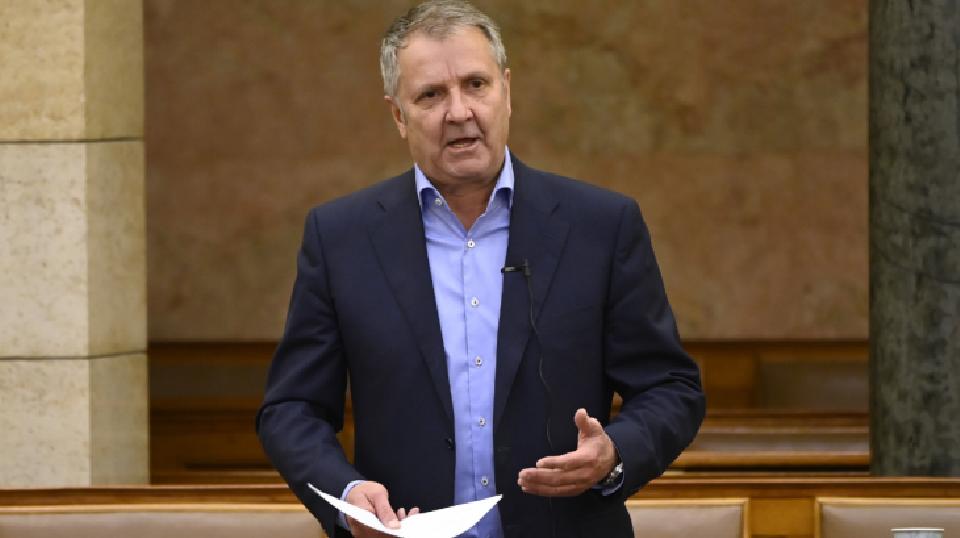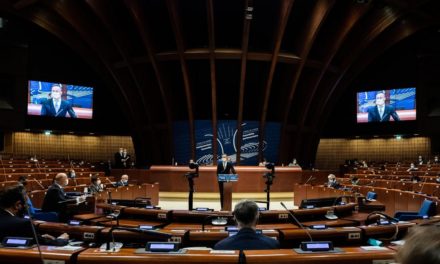The opposition representative would suspend the individual pardon power of the President of the Republic for ninety days after the parliamentary election, so as not to prevent accountability.
As Eszter Párkányi, an analyst at the Center for Fundamental Rights, pointed out, Molnár's proposal would clearly put everyone who applies for clemency at a disadvantage along the lines of political interests.
"Molnár's proposal is completely meaningless at first glance, on the one hand, because it is not suitable for achieving the goals set out in the justification, and it would cause unnecessary difficulties for several innocent people," Eszter Párkányi, an analyst at the Center for Fundamental Rights, told Mandiner about the proposal.
He explained: based on data from the Ministry of Justice, the rate of successful pardon applications has varied between 0.53 and 4.44 percent annually over the past twenty years. During this period, a total of 16,916 applications for pardons were submitted, and only 344 people were granted individual pardons, a rate of two percent.
The number of people pardoned is therefore extremely low, and pardons are usually well justified - pointed out Eszter Párkányi.
"Thus, Gyula Molnár wants to introduce a moratorium on a procedure that can only be interpreted in the case of initiated criminal proceedings, and in these criminal proceedings the position of the accused should also appear, that is, the suspicions and accusations founded in the given case should take place within ninety days," explained the analyst. The time required for criminal proceedings is typically several times this period, which means that this limitation could not apply, he stated.
According to Eszter Párkányi, the proposal's harmful nature is manifested in the fact that it would clearly disadvantage those persons whose clemency proceedings would be completed during the ban, i.e. it would unreasonably limit the enforcement of criminal justice for those involved in non-politically exposed cases.
In addition, Molnár is also presumably not aware that the head of state cannot act directly in cases of pardon. As can be seen from the information on the website of the Office of the President of the Republic, the decision-making condition in all cases is that the chief prosecutor or the minister of justice submit a proposal to the president. The head of state is not obliged to provide reasons for his pardon decision - whether he rejects the request or grants a pardon. However, the decision becomes valid if it is countersigned by the Minister of Justice. If this is not done, the pardon process ends.
In addition to all this, experience shows that a criminal proceeding is not only not completed within ninety days from the time the investigation begins, but in many cases it does not even reach the level of suspicion.
What can be said to that? Gyula, Gyula, it would have seemed smarter to remain silent... (ed.)
Image: MTI












